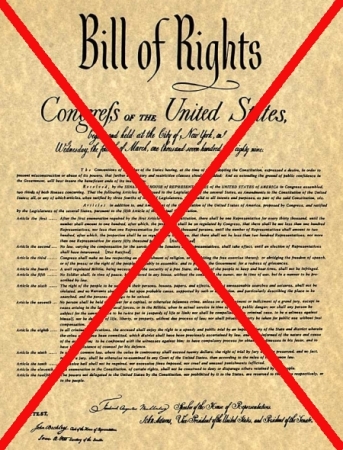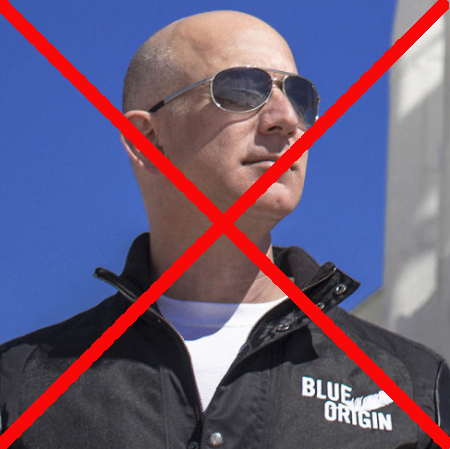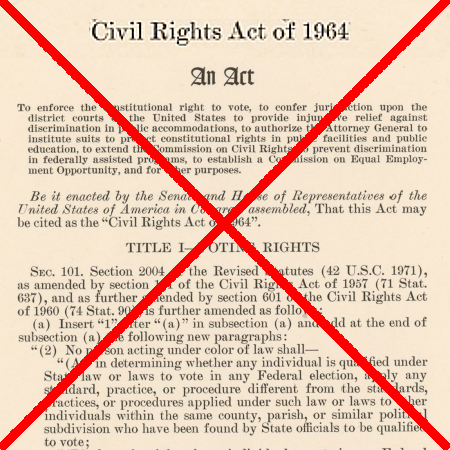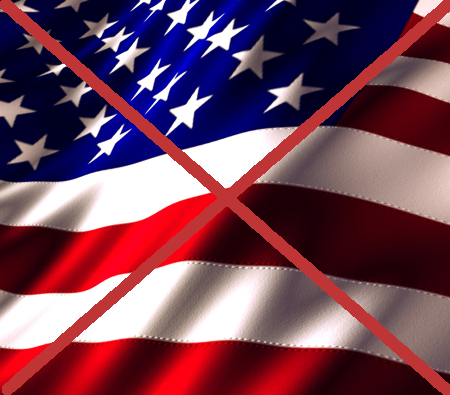Today’s blacklisted American: YouTube shuts down conservative channel during its annual conference

No free speech for conservatives on YouTube!
Blacklists are back and YouTube’s got ’em! The American Conservative Union (ACU) was banned by YouTube this week, a ban that coincided precisely with the ACU’s annual convention, the Conservative Political Action Conference (CPAC), thus preventing it from airing content from the event.
The ACU, which hosts the Conservative Political Action Conference (CPAC), received “a strike” on their account from YouTube on July 9, preventing them from uploading new content for a week. This includes ACU’s CPAC 2021 Part 2 in Dallas, Texas, and Trump’s CPAC speech scheduled for Sunday, the organization said in a statement.

No free speech for conservatives on YouTube!
Blacklists are back and YouTube’s got ’em! The American Conservative Union (ACU) was banned by YouTube this week, a ban that coincided precisely with the ACU’s annual convention, the Conservative Political Action Conference (CPAC), thus preventing it from airing content from the event.
The ACU, which hosts the Conservative Political Action Conference (CPAC), received “a strike” on their account from YouTube on July 9, preventing them from uploading new content for a week. This includes ACU’s CPAC 2021 Part 2 in Dallas, Texas, and Trump’s CPAC speech scheduled for Sunday, the organization said in a statement.














